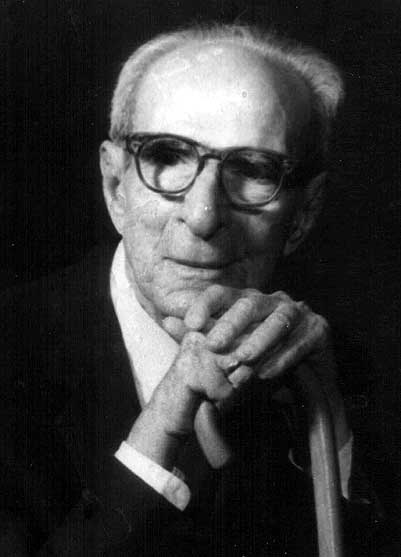4.1.1.5.1 “La Zafra. Poem of Combat” and other texts by Agustín Acosta (1886 – 1979)

Agustín Acosta was not a poet prone to participating in the major aesthetic paradigms prevailing in each period of his life. He always maintained his own unique approach, although he also lacked a visible identity, as he never abandoned eclecticism. The postmodernist aspect of his poetry, which even served as a precursor to the avant-garde, is also permeated by the old Romantic tone, which would perhaps allow him to be described as a poet who transcended all currents.
From a political perspective, however, he participated in the awakening of national consciousness that would occur in those years, and his text “La zafra. Poema de combate” (The Harvest. A Combat Poem) displays some aesthetic successes, but above all, it is an admirable expression of national sentiment.
Some verses from “Las carretas en la Noche” (The Carts in the Night) are transcribed, which is part of the aforementioned poem, composed of several songs, which illustrates the author’s conceptions and was included by José Lezama among the best Cuban poems until 1960:
“As the oxen slowly walk,
the old carts creak… creak…
(…)
Through the guardrails and the services
long theories form the carts…
They wade through streams… they cross mountains
carrying the luck of Cuba in the reeds…
They head towards the nearby iron colossus:
They go towards American ingenuity,
And as if complaining when they approach him,
loaded, heavy, full,
With how many Cuban reasons they grate
the old carts…!”
The American exploitation of the Cuban economy is latent in the poem, in a profound and connotative way, without constituting a purely political text. Certain reminiscences of criollismo (criollism) can be traced in its roots, especially in the interspersed stanzas of guajiro chant; at the same time, it constitutes a precursor to the movement of social poetry that would emerge a few years later.
“La Zafra” is a poem that could be described as a departure from Acosta’s previous poetic output, or rather, as one that seems unpredictable from this one; but in reality, the author had no defined poetics with which to break away. Both Julio Antonio Mella and Rubén Martínez Villena, as lovers of literature and committed intellectuals, recognized the value of this poem, which Mella described as the first great political poem of this republican period.
He published other verses in the following poetry collections: “The Distant Camels,” 1936; “Last Moments,” 1941; “The Desolate Islands,” 1943; and some compilations of his works, as well as “Iron Roads,” in 1963. He also devoted texts and lectures to the study of Martí’s work. His texts have been published in “Letras,” “El Fígaro,” “El Cubano Libre,” “Orto,” “Social,” “Carteles,” “Diario de la Marina,” “Las Antillas,” “Ariel,” and “Archipiélago,” among others.








